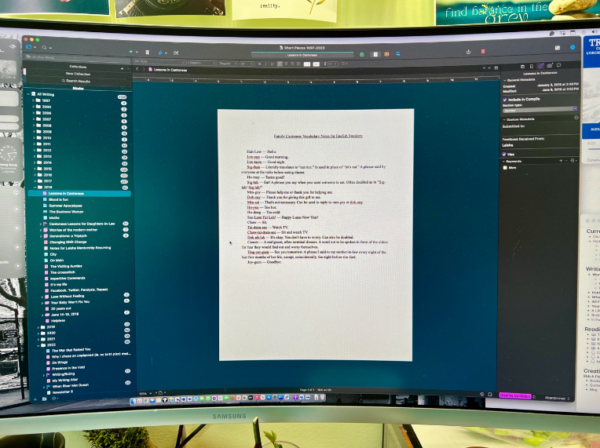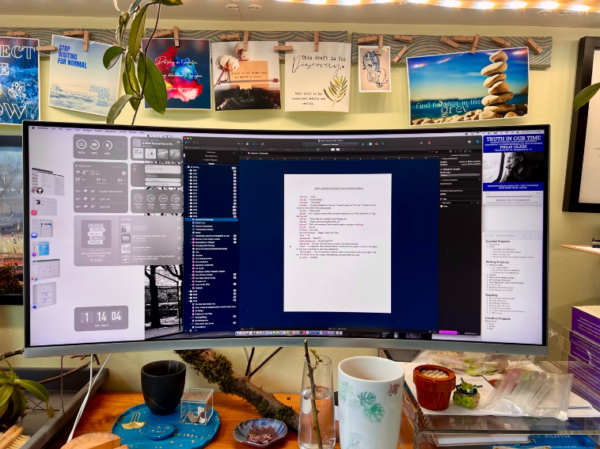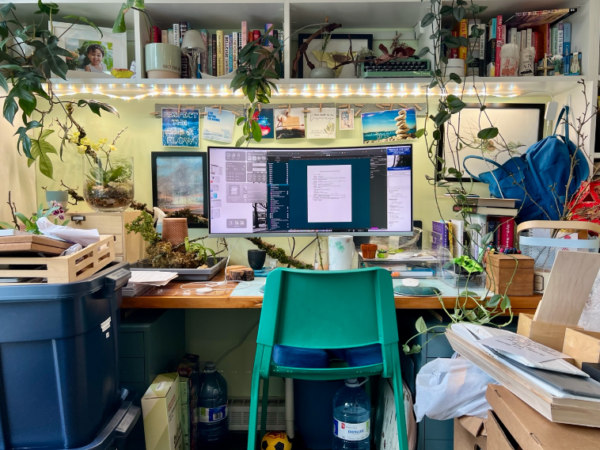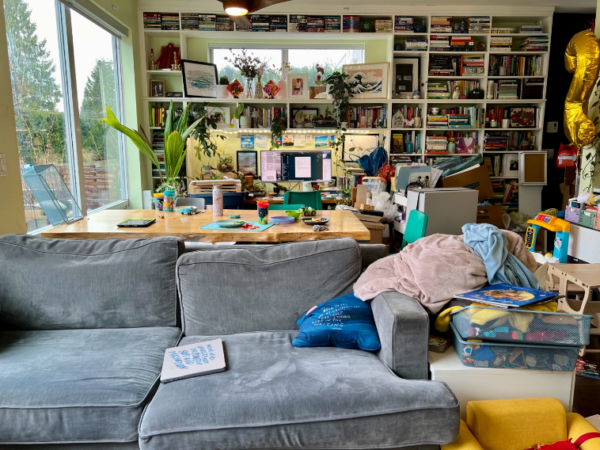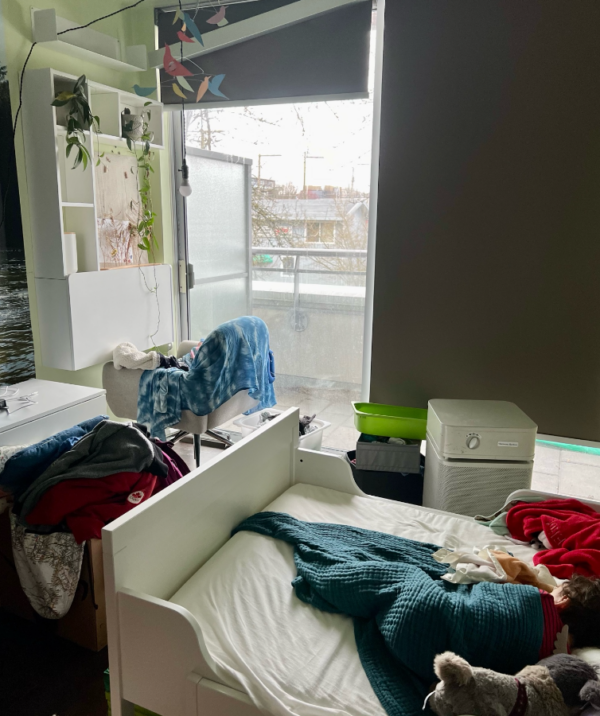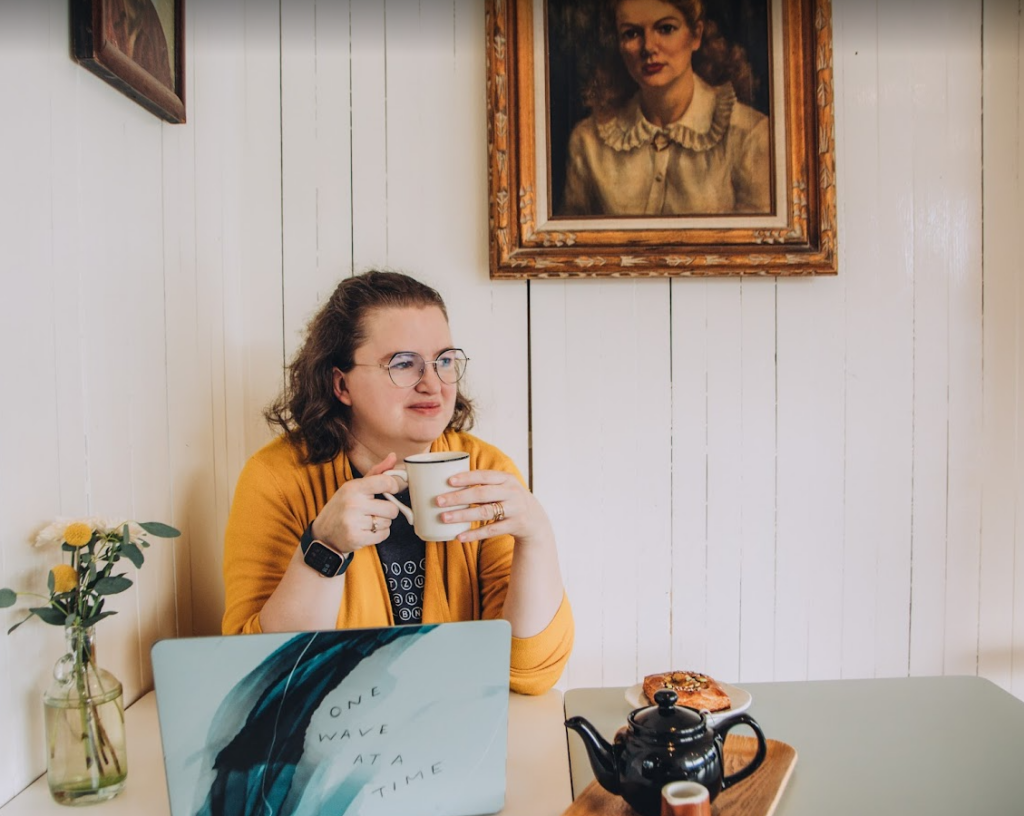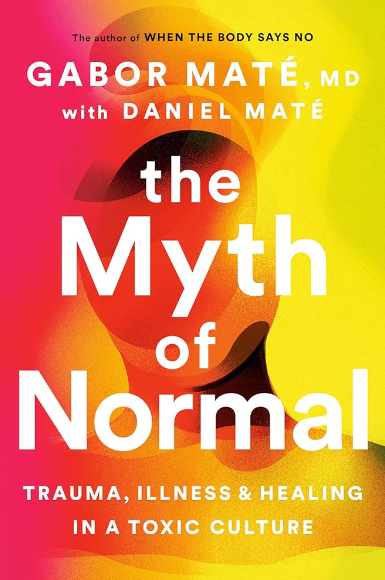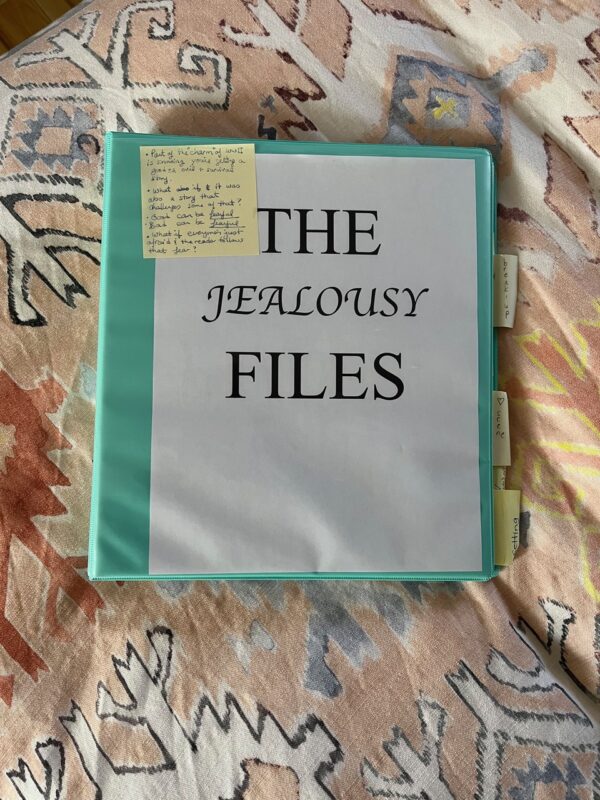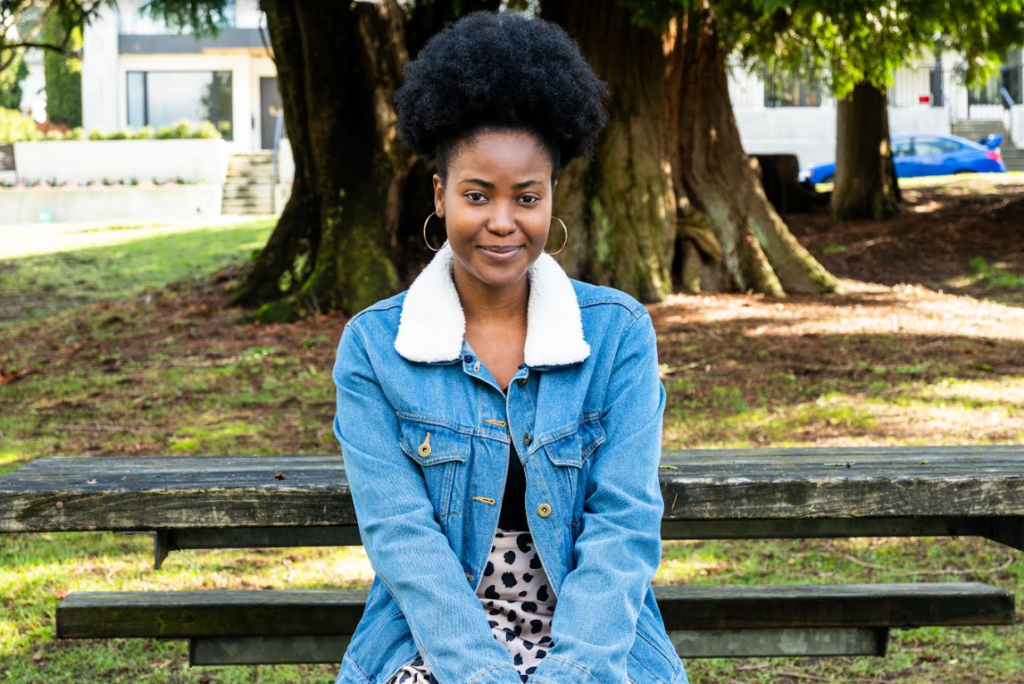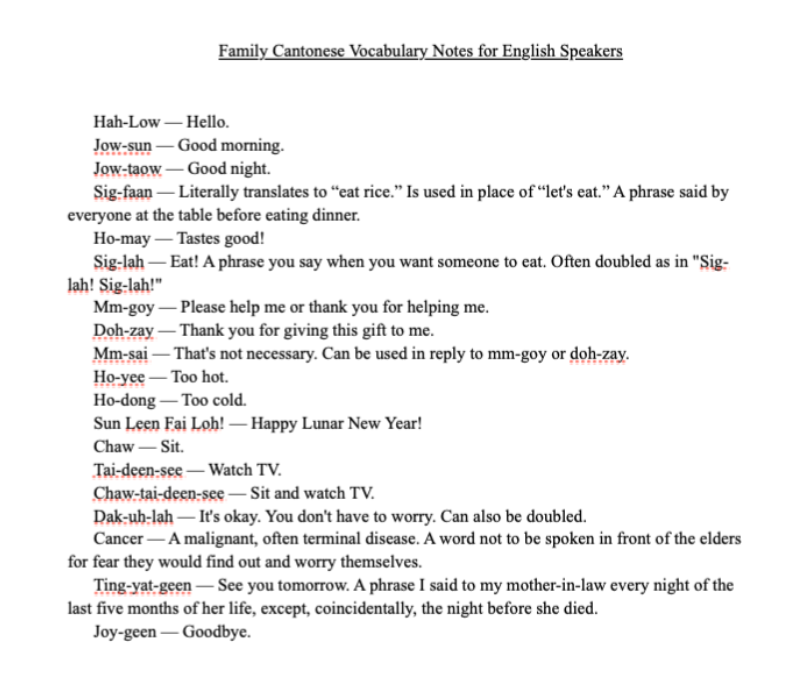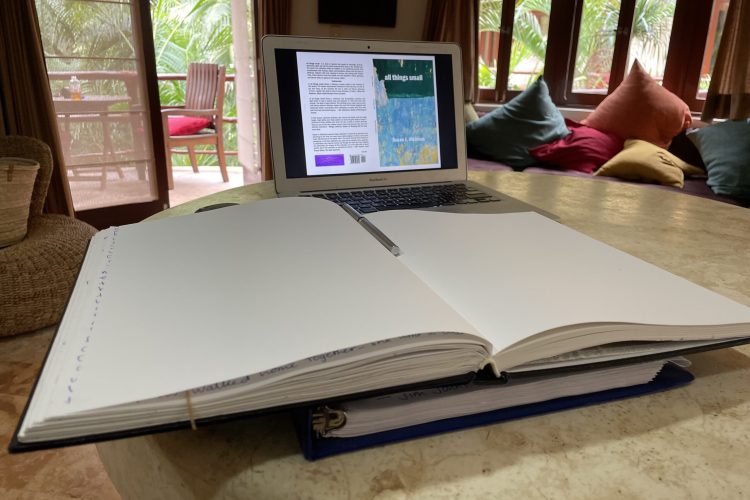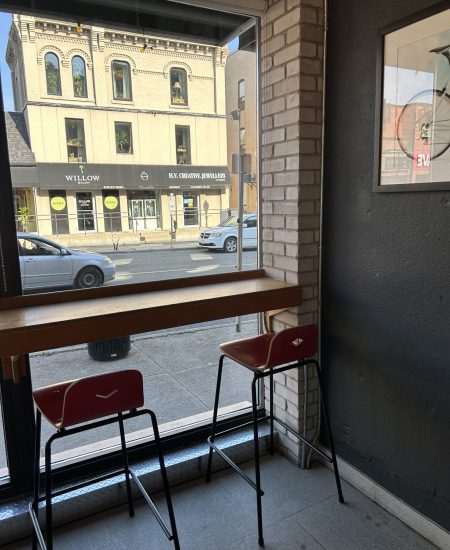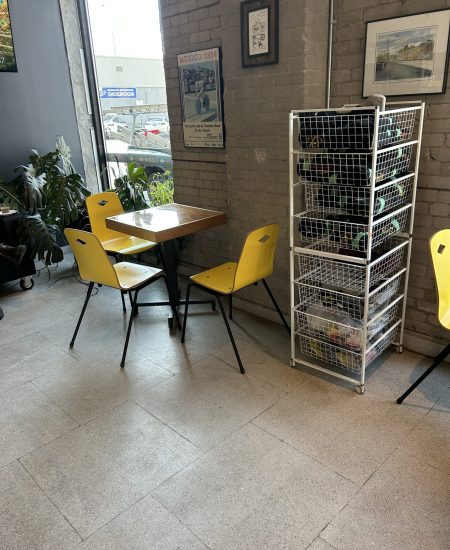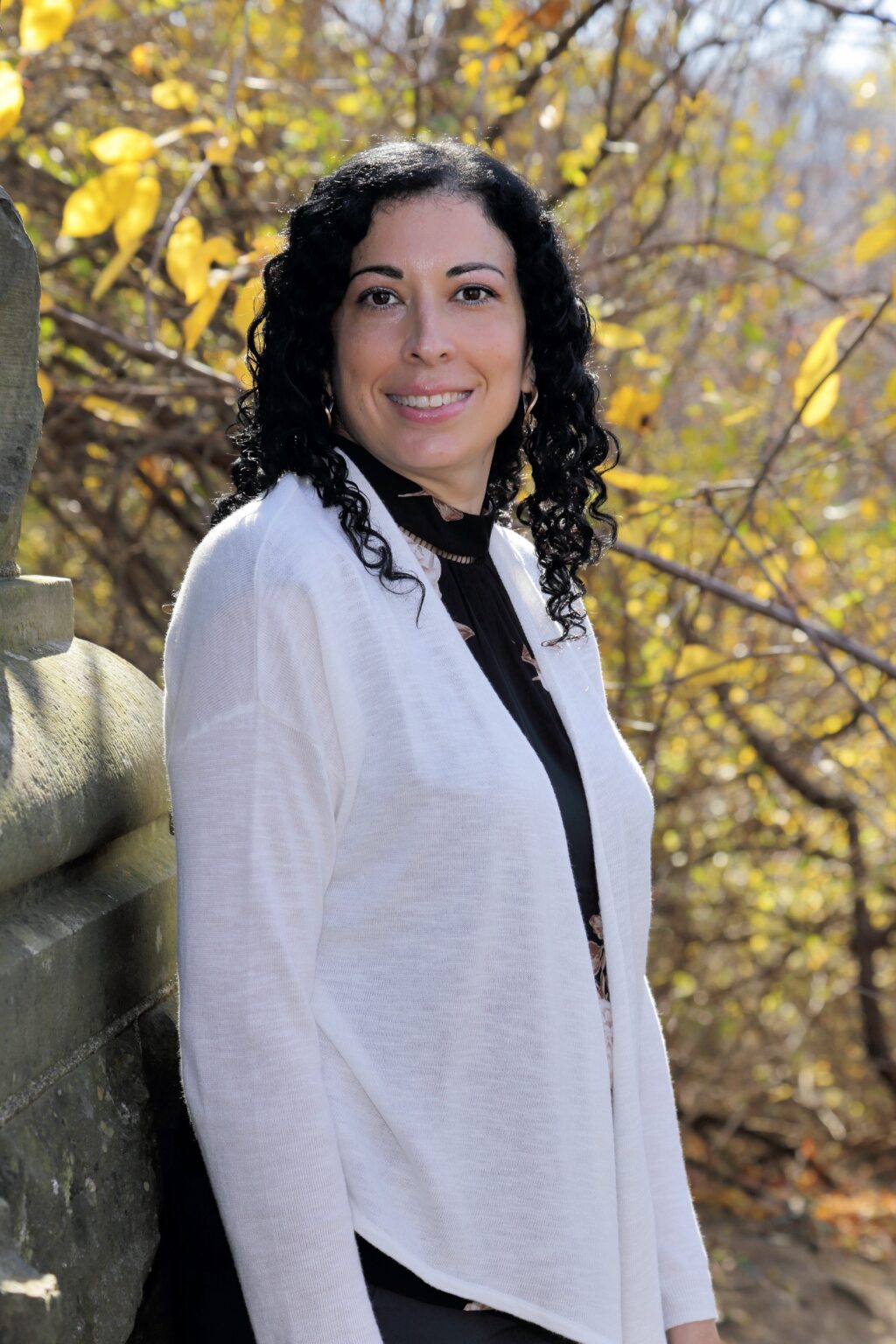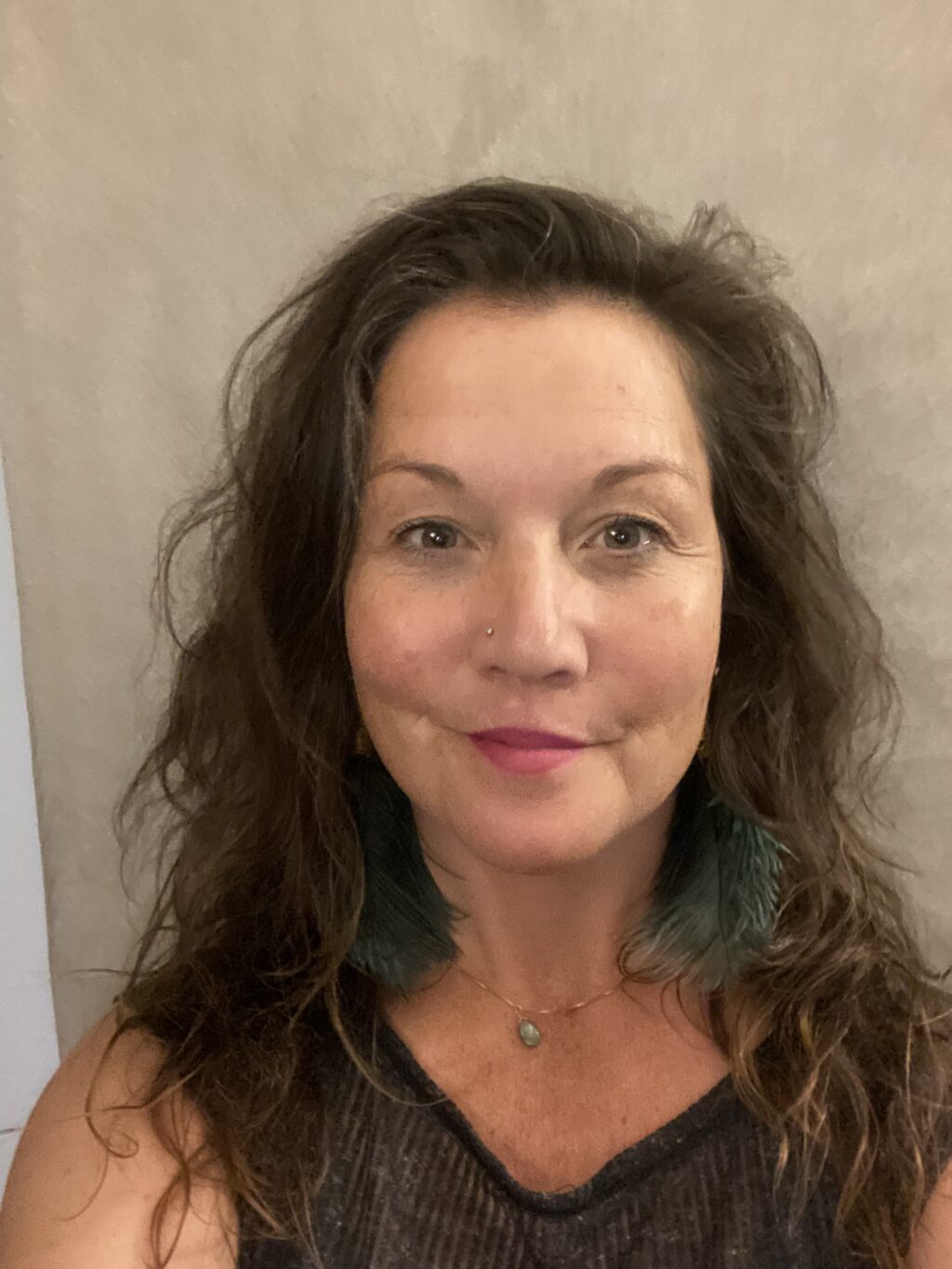Finding the Form with Lena Scholman
Halfway through the process of researching my WWII novel set in Holland, I was reading about Nazis requestioning animals, particularly horses, in the 1940’s, and found myself obsessed with the rescue efforts of Lipizzaner stallions from Vienna. (Yes, I had landed in another country and was seriously contemplating scrapping the whole thing and writing about Poland because suddenly Warsaw was more interesting than Amsterdam in the way that a new project is always more interesting than the beast one is currently wrestling with.) In trying to write the perfect WWII novel, I was procrastinating and getting lost in every WWII story never told.
I was deep in the weeds of research and editing when I began writing “Margaret” as a palate cleanse from rations, resistance and roll calls in concentration camps. I was craving romance, and into this void came a buoyant character I quickly named “Margaret”. I’d loved Maeve Binchy’s Irish romances, and her very down-to-earth heroines, many of whom are not twenty-somethings but women with a bit of life behind them. Most of the heroines in my stories who get a big love story are middle aged because I find women with some wisdom and self assurance often make more complex characters; they don’t need a partner for the same reasons a younger woman might. Middle aged heroines are at an interesting crux of independence and interdependence, and if they have formed rich friendships, they can afford to be fussy. And yet despite wealth, health and a beautiful garden, there remains the pesky business of loneliness, and here began my adventure into the world of online dating.
My fantasizing about what lengths someone would go to investigate a love interest online began at the blood donor clinic. Donors are asked dozens of personal questions, and it occurred to me that while most people paint a flattering portrait of themselves online, I would start my own search in the waiting area of the blood donor clinic, where everyone there has affirmed they haven’t had sex with a monkey or used intravenous drugs even one time. And this silly mental exercise had me wondering what one might do if they fell for someone and then discovered something about them that chaffed against their values. I liked the idea of a character wrestling between their desire and their values and finding a way forward.
The overall theme of “Margaret” was influenced in part by a podcast I’d been listening to that featured Duke University professor Kate Bowler, a young woman who wrote about her own cancer journey, toxic positivity, and our cultural denial of the precariousness of life. I noticed a distinct difference in the way older women thought of disease and how they perceived the unhealthy lifestyles of Gen X and Millenials, and to explore this gulf of perspectives I created the character of Margaret’s son, Daniel. In the end, I cut much of the Daniel storyline to focus on the immediate love story, but who knows, maybe I’ll return to Daniel another day.
At the moment, I’m searching for another palate cleanse from historical fiction research. This time I’m studying Mexico from the student movements of the late 1960’s to globalization in the 1990’s. My untitled novel is a coming-of-age story that’s part Elena Ferrante, part Laura Esquival. Right now, it’s stalled on the side of a Mexican highway between Veracruz and Oaxaca and sweat is dripping down the heroine’s back. I am allergic to unhappy endings, but a lot of people die, and so this seems like as good a time as any to start a new short story.
Let me say this when it comes to finding the form: nothing is wasted. My entire first novel
remains sitting, unpublished, in my desk drawer. However, the first chapter went on to place in the Toronto Star short story contest in 2019. It was a novel about four middle-aged women who move into an old home together and take a stab at communal living. So, when I say that Margaret came into the void, while I was procrastinating on another project, it’s true and also not true. Nothing is wasted. Good characters can be renamed, recycled, and even find love on the internet.
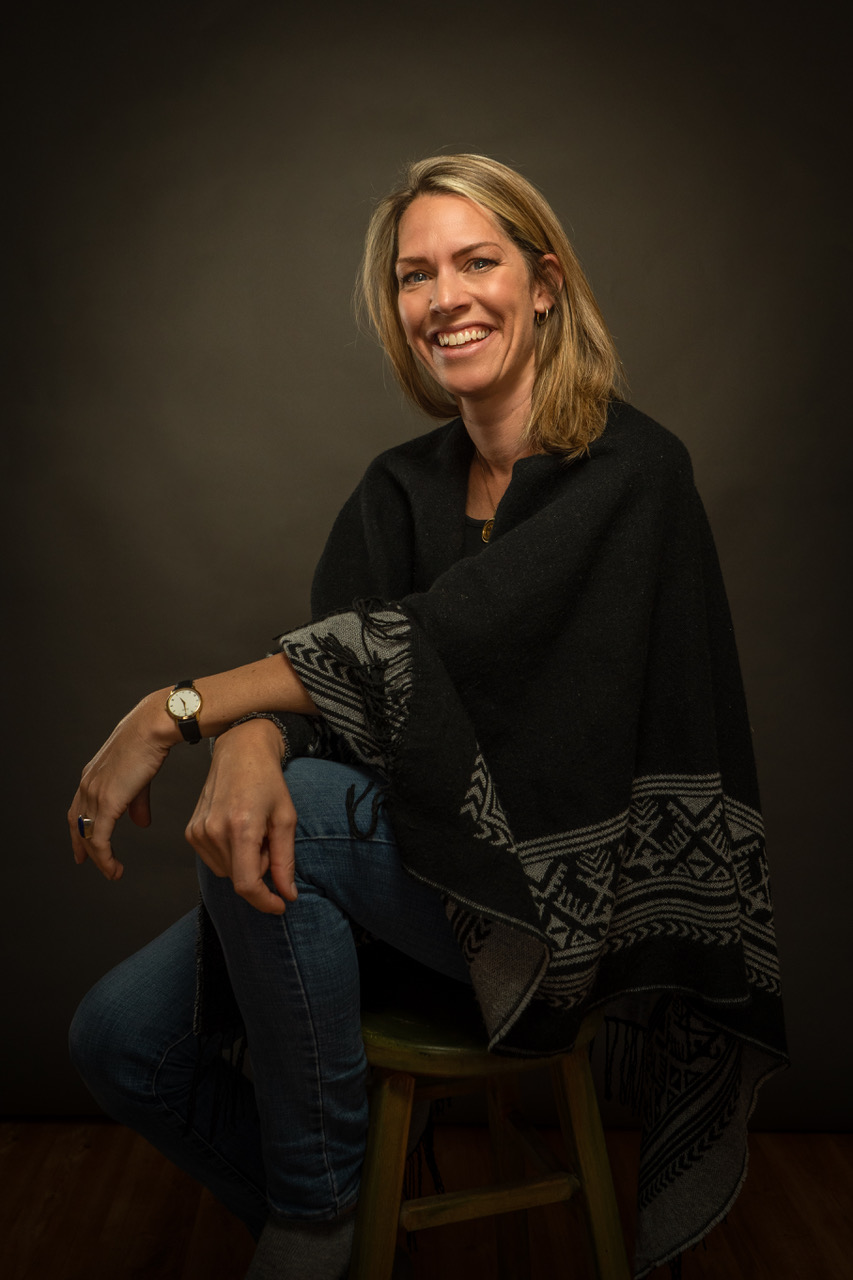
Lena Scholman is a writer, storytelling coach and educator. Her first novel, “Between Silk and Wool”, was released in 2022. She has been published in The Toronto Star, The Globe and Mail, and The Hamilton Spectator. She lives with her family in Hamilton, Ontario.
www.lenascholman.com
Photo Courtesy of iStock Getty Images

